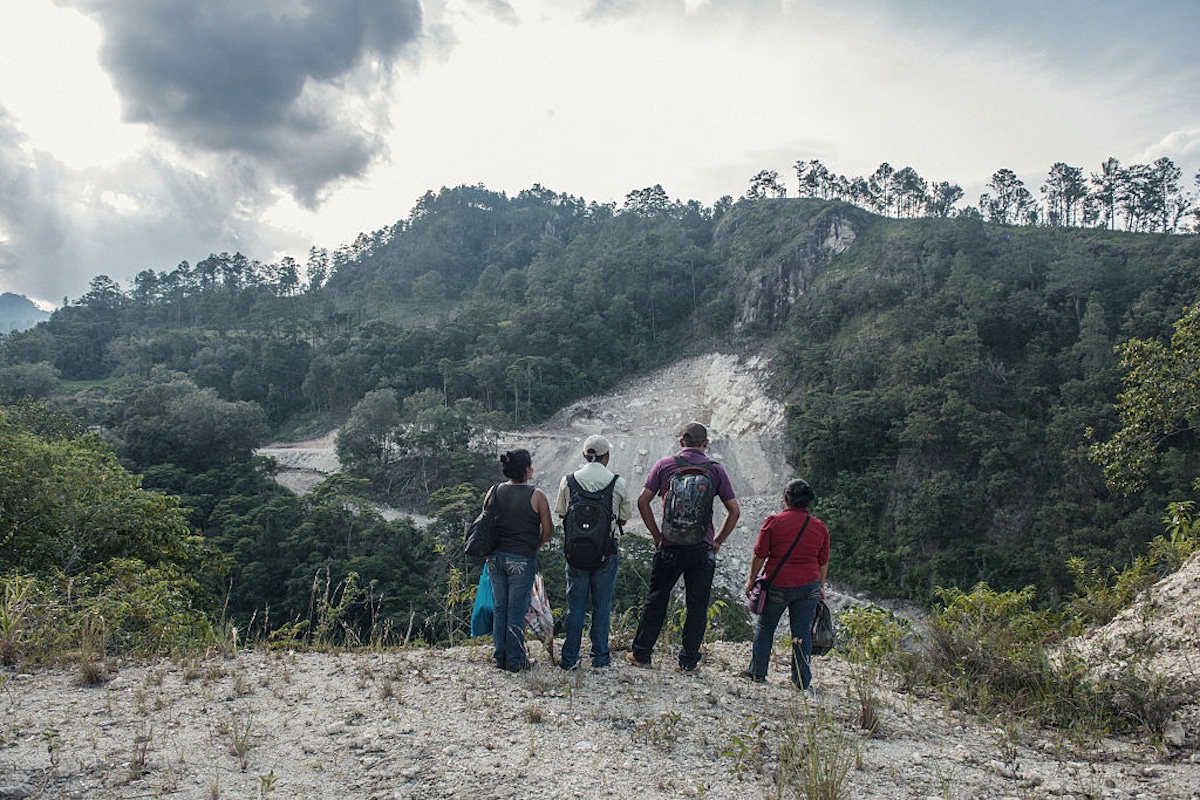

The Honduras government is banning new permits for open-pit mining projects due to their negative environmental impact, including pollution and deforestation. However, it is unclear when the ban officially takes effect.
“The approval of extractive exploitation permits is canceled for being harmful, threatening natural resources, public health and limiting access to water as a human right,” the Ministry of Energy, Natural Resources, Environment and Mines said in a statement.
The ministry also stated it would begin a process to review and suspend or cancel existing licenses and permits, but there is an unspecified timeline for this process.
Open-pit mining involves extracting resources from an open pit and is one of the most common forms of mining, but this process poses many environmental challenges.
“Environmental hazards are present during every step of the open-pit mining process. Hardrock mining exposes rock that has lain unexposed for geological eras,” Massachusetts Institute of Technology reported. “When crushed, these rocks expose radioactive elements, asbestos-like minerals, and metallic dust. During separation, residual rock slurries, which are mixtures of pulverized rock and liquid, are produced as tailings, toxic and radioactive elements from these liquids can leak into bedrock if not properly contained.”
The pollution can leach into local waterways, disrupting the aquatic ecosystems. Aside from the pollution, miners also need to clear land for the project site. That often means deforestation and a loss of biodiversity, as many wildlife lose their habitats.
Once the mines have closed, they still cause problems for the environment due to risks of contamination over time.
In Central America, Honduras is the third country to ban open-pit mining after El Salvador and Costa Rica. The country has 217 mining concessions and reserves spanning 131,515 hectares, according to the Social Forum on Foreign Debt and Development of Honduras, as reported by Mongabay.
Mining project approvals have increased by 40% since 2018, and over half of the existing mining concessions and reserves are located on Indigenous lands. The areas are violent for locals and environmental activists who protest the mines, and many have been killed or jailed for doing so.
Mining unions and supports have plans to talk with the government over concerns about losing thousands of jobs. This could slow down the timeline of the ban.
“We would love for this initiative to move forward,” Andrea Regina Pineda, an attorney with the Honduran Center for the Promotion of Community Development, told Mongabay, “but we want it to be in accordance with the law, to possibly go through congress or different government bodies… to ensure that these actions are within the law.”

 233k
233k  41k
41k  Subscribe
Subscribe 